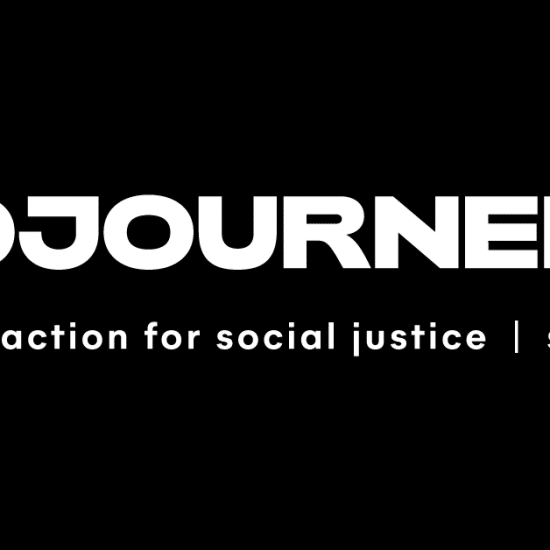JEFFERSON CITY — Regaining control is the heart of the Missouri Baptist Convention’s ongoing legal action against three formerly affiliated institutions. If control cannot be restored, then the convention would like its “stuff” returned, a Cole County judge learned May 11.
A hearing in Cole County Circuit Court on May 11 was the latest in ongoing legal action between the MBC and three formerly affiliated institutions. In 2000 and 2001, The Baptist Home, Missouri Baptist University, the Missouri Baptist Foundation, Word&Way and Windermere Baptist Conference Center changed their charters to self-elect their trustees. The MBC filed legal action against the five on Aug. 13, 2002, to force them to rescind those changes.
Windermere has won in Cole County and in a subsequent appeal. The MBC has voluntarily dismissed Word&Way from the case, and is moving forward against the remaining three in the Cole County action.
At the May 11 hearing, Judge Paul Wilson heard arguments concerning the convention’s claims and the relief it seeks. The MBC filed a declaratory judgment in 2002, amending it five times through September 2006. The MBC’s petition claims the institutions improperly amended their charters because they did not secure convention approval for those changes.
As its name suggests, a declaratory judgment asks the judge to determine each party’s rights and responsibilities.
However, Foundation attorney Laurence Tucker argued that a declaratory judgment could only be used when no other adequate legal means exists to solve the issue. Tucker argued the case could not be presented as a declaratory judgment since the convention also includes allegations of breach of contract — another legal means to conclude the case.
A declaratory judgment also does not include a remedy for loss. The convention seeks a remedy — rescinding of the corporate charter changes and any actions by the self-elected trustees. The MBC also seeks actual and punitive damages, including the return of some physical assets.
MBC attorney Charles Hatfield argued that seeking a declaratory judgment is the convention’s best option against The Home, the Foundation and MBU because each had given the MBC the right to approve charter changes.
“We want the ability to control these institutions we set up…,” Hatfield said. “No amount of money or no amount of property can secure that.”
In addition to the right to approve amendments, the MBC has a contract with the remaining defendants, which includes each corporate charter and the convention’s governing documents, Hatfield claimed.
Judge Wilson asked Hatfield what remedies the convention would seek, other than the right to control the agencies, if the MBC pursued the case as a breach of contract.
“We want to go back to the relationship we thought we would have…the right to appoint trustees and the stuff in the original articles,” Hatfield responded. “If we can’t get that, there are other claims…. Then we would want the stuff promised — the land, the money.”
The convention viewed Windermere as the “worst-case” legal scenario because its original charter declared the corporation would have no members and no MBC rights were stated. The Foundation was viewed as a “best-case” legal scenario because its old charter included language to allow the MBC to approve charter changes, Hatfield argued.
MBC attorneys argued that under a declaratory judgment, the convention would regain control of the agencies and their assets because the institutions’ actions would be rescinded.
If the court determines the case should be pursued as a breach of contract, the MBC should regain control of the institutions and their assets as restitution, Hatfield argued.
Either way, the MBC feels it has “a serious wrong” and is seeking the best legal remedy, the lawyer added.
TBH attorney Eric Walter pointed out that in a March 2008 ruling, former Cole County Circuit Judge Richard Callahan determined that a contract did not exist between the MBC and Windermere and that any covenant agreement that existed is not enforceable.
Judge Wilson indicated he would not issue any rulings yet. Instead, he will hear arguments on additional motions still active in the case.
Another hearing has been set for 9:30 a.m. June 9 at the Cole County Courthouse in Jefferson City.


